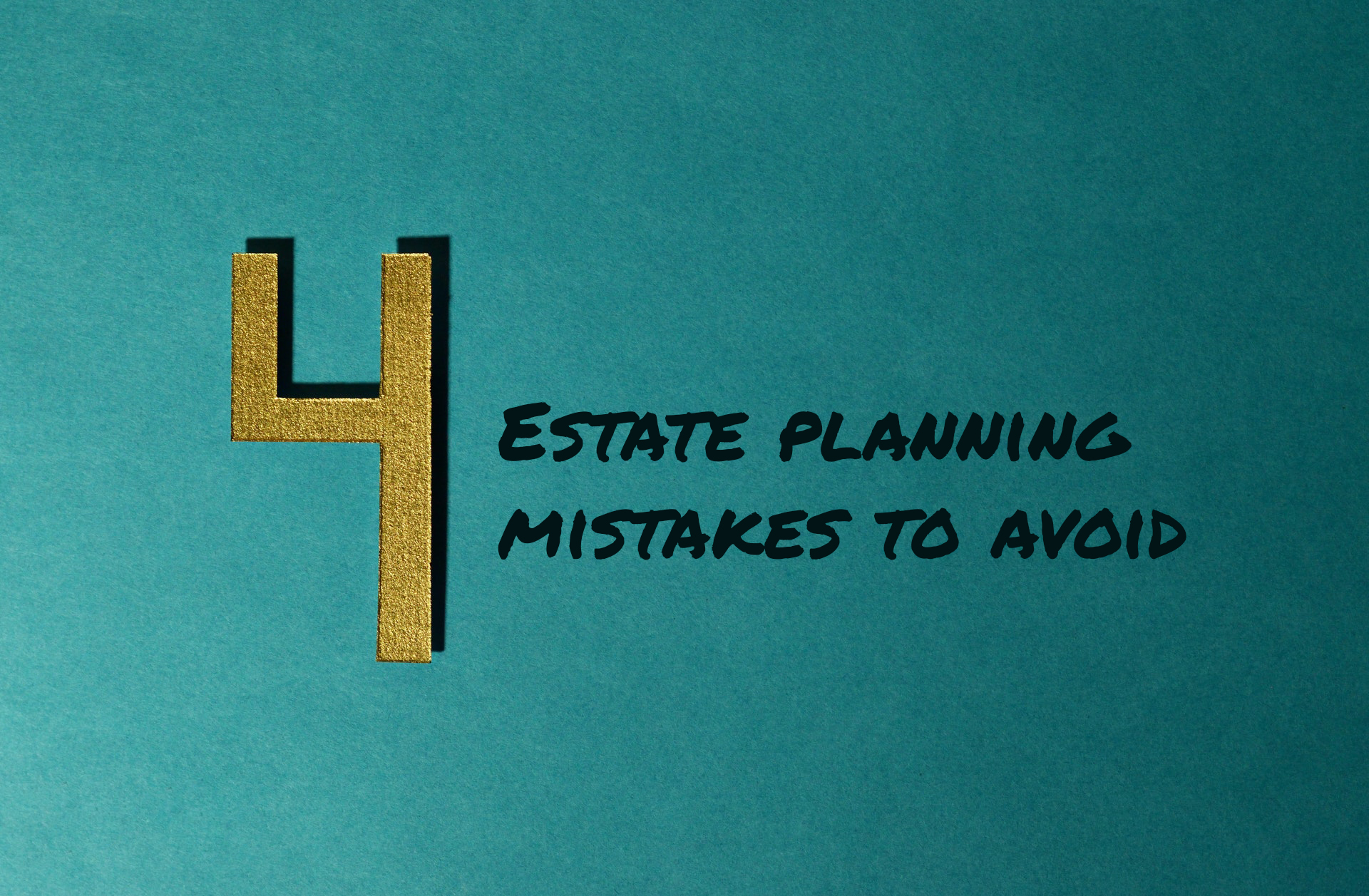When it comes to estate planning, even the smallest error can cost you. It’s not just your life’s work that is at stake, but your family’s long-term well-being and, in the worst of cases, your family unity. Oversights in your estate plan may not only be costly but can also provoke irreparable conflict among loved ones, therefore, you want to do all you can to keep them to a minimum. Working with an experienced estate planning attorney is, of course, a crucial step to avoiding mistakes, but self-education also plays an important role. With this in mind, we have listed the top four estate planning mistakes below.
1. Failing to Plan
Both the most egregious and most common mistake on this list is failing to have an estate plan at all. Approximately 58% of US adults do not have a will or any other estate planning document in place. Reasons for this vary from not having made the time to believing a plan only matters if you’re old and rich. Neither of these excuses holds up. All adults, regardless of age or wealth, need an estate plan and the reason is twofold: all of our futures are uncertain and an estate plan not only serves to distribute your assets but protects your health and finances while you are living, too.
2. Not Talking Your Decisions Through
Only marginally better than not having an estate plan is building one without talking to loved ones about your decisions. After all, a central purpose of estate planning is to organize your assets for your family after you’re gone. This cannot be achieved if your family is not included in the process. What is more, instituting an estate plan involves naming an executor (also called “Personal Representative”) to your estate and designating financial and medical powers of attorney. Naturally, the people assigned to these roles need to know about them and consent to the responsibility they imply.
3. Improperly Titling Assets
Often, the worst part of estate planning happens after you die, when your family shoulders the burden of seeing your plan through probate court. Luckily, many important assets can be distributed without probate’s intervention—but only if properly titled. If you are married, you want to ensure your home is jointly owned by both you and your spouse. The same is true of other important assets such as vehicles and retirement accounts. By properly titling your assets, many can pass directly to beneficiaries without hassle, headache, or any chance that conflict might erupt around their distribution.
4. Not Keeping Your Plan Up-to-Date
An estate plan is meant to represent your final wishes at the time of your passing. If it is out-of-date, it fails at this and often disastrously so. Imagine that you separate from your spouse but die with an outdated plan before a divorce has been formally filed. Or, think of the grief a grandchild might experience if forgotten in your plan because you didn’t make revisions after they were born. After any major life event or anytime new legislation arrives, your estate plan needs updating and even when nothing significant has changed, you want to review your plan every few years to ensure it continues to reflect your priorities.
To learn more about planning your estate and avoiding important mistakes as you do so, do not hesitate to contact Caress Law either by calling (503) 292-8990 or using the contact form below.


